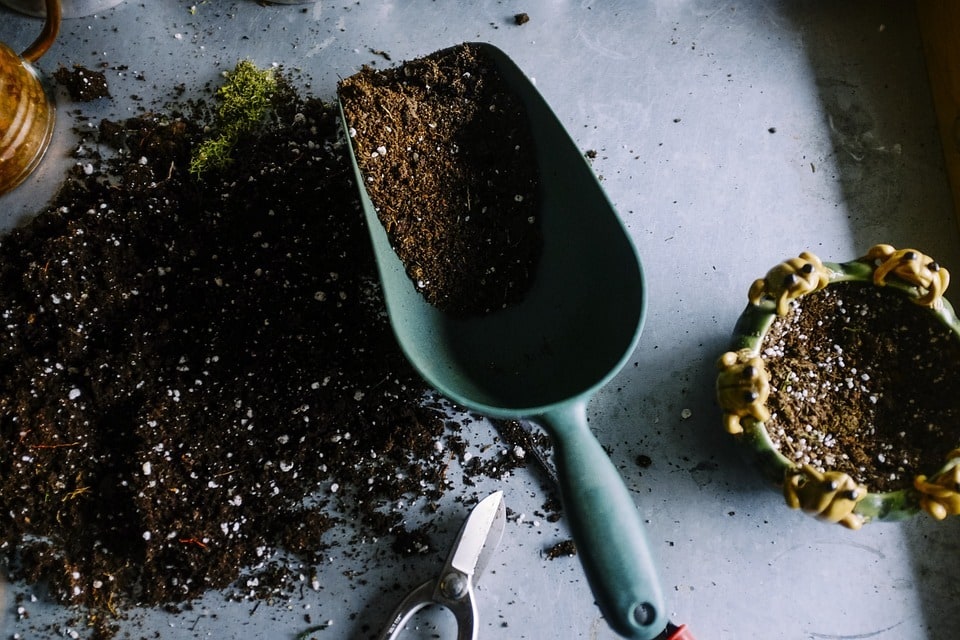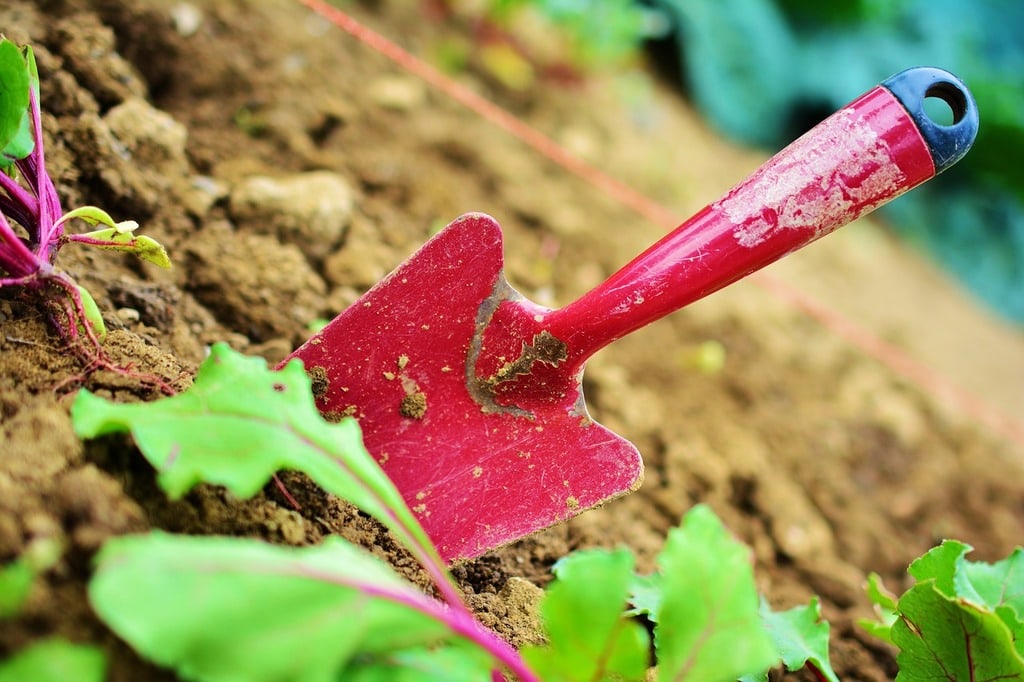Gardening can be a rewarding hobby that brings you closer to nature and provides a sense of accomplishment as you watch your plants thrive. For beginners, starting a garden might seem daunting, but with the right tips and techniques, anyone can develop a green thumb. This article provides essential gardening tips for beginners to help you cultivate a flourishing garden.
Starting Your Gardening Journey: essential Tips for Beginners
The first step in starting your gardening journey is understanding the basics. Selecting the right location is paramount. Choose a spot that receives ample sunlight, as most plants need at least six hours of direct sunlight daily. Observing your garden’s sunlight patterns can help determine the best location.
Choosing the Right Plants
Selecting the right plants for your garden is vital for success. As a beginner, opt for plants that are easy to grow and maintain. Vegetables such as tomatoes, lettuce, and radishes, as well as herbs like basil and mint, are excellent choices for novice gardeners. These plants are forgiving and provide a bountiful harvest with minimal effort.
In addition, consider the climate of your region. Certain plants thrive in specific climates, so it’s essential to choose varieties that are well-suited to your local weather conditions. Consulting with local gardening experts or using online resources can provide valuable information about the best plants for your area.

Preparing the Soil
Healthy soil is the foundation of a thriving garden. Start by testing your soil to understand its composition and nutrient levels. Soil test kits are widely available and easy to use. Based on the results, you might need to amend the soil by adding organic matter such as compost or manure. These additions enrich the soil, improving its texture and fertility.
Proper soil preparation also includes ensuring good drainage. Most plants dislike waterlogged soil, so incorporating sand or perlite can help enhance drainage. Aerating the soil by turning it over with a garden fork or tiller ensures that roots receive adequate oxygen.
Watering Techniques
Watering is a critical aspect of gardening, but it’s easy to overdo it. Overwatering can lead to root rot and other problems. Instead, aim to water deeply but infrequently. This encourages roots to grow deeper, making plants more resilient.
A good rule of thumb is to water your garden in the early morning or late afternoon to reduce evaporation. Using a soaker hose or drip irrigation system can ensure that water reaches the roots directly, minimizing wastage.
Mulching for Plant Health
Mulching is a simple yet effective way to maintain plant health. Applying a layer of organic mulch, such as straw, wood chips, or leaves, helps retain soil moisture, suppress weeds, and regulate soil temperature. As the mulch decomposes, it adds valuable nutrients to the soil, further benefiting your plants.
Pest Control Strategies
Pests can quickly become a problem in any garden. Natural pest control methods are preferable, as they are safer for both plants and the environment. Introducing beneficial insects like ladybugs and predatory beetles can help control pest populations. Planting pest-resistant varieties and using physical barriers such as row covers can also be effective.
In cases where pest infestations become severe, organic pesticides can be used. However, they should be a last resort, as they can affect beneficial insects and overall garden health.
Here are some key points to keep in mind for effective gardening:
- Select a garden location with ample sunlight.
- Choose easy-to-grow plants suitable for your climate.
- Prepare and amend soil to ensure proper nutrition and drainage.
- Water deeply but infrequently, and preferably during cooler parts of the day.
- Mulch to retain moisture and suppress weeds.
- Employ natural pest control methods whenever possible.
Harvesting and Maintaining Your Garden
Once your plants begin to grow, regular maintenance is essential. This includes tasks such as weeding, pruning, and checking for signs of disease or pest infestations. Keeping your garden tidy and well-maintained promotes healthy plant growth and reduces the risk of problems.
Learning and Adapting
Gardening is a continuous learning process. Pay attention to what works and what doesn’t in your garden. Keeping a gardening journal can be helpful for tracking plant growth, weather conditions, and any issues that arise. This information can guide your future gardening decisions, helping you become more successful over time.
Remember, gardening is as much about enjoying the process as it is about the results. Take time to appreciate the beauty and tranquility of your garden. Each season brings new challenges and rewards, making gardening a fulfilling and lifelong hobby.
With these essential tips, beginners can embark on their gardening journey with confidence. Happy gardening!
